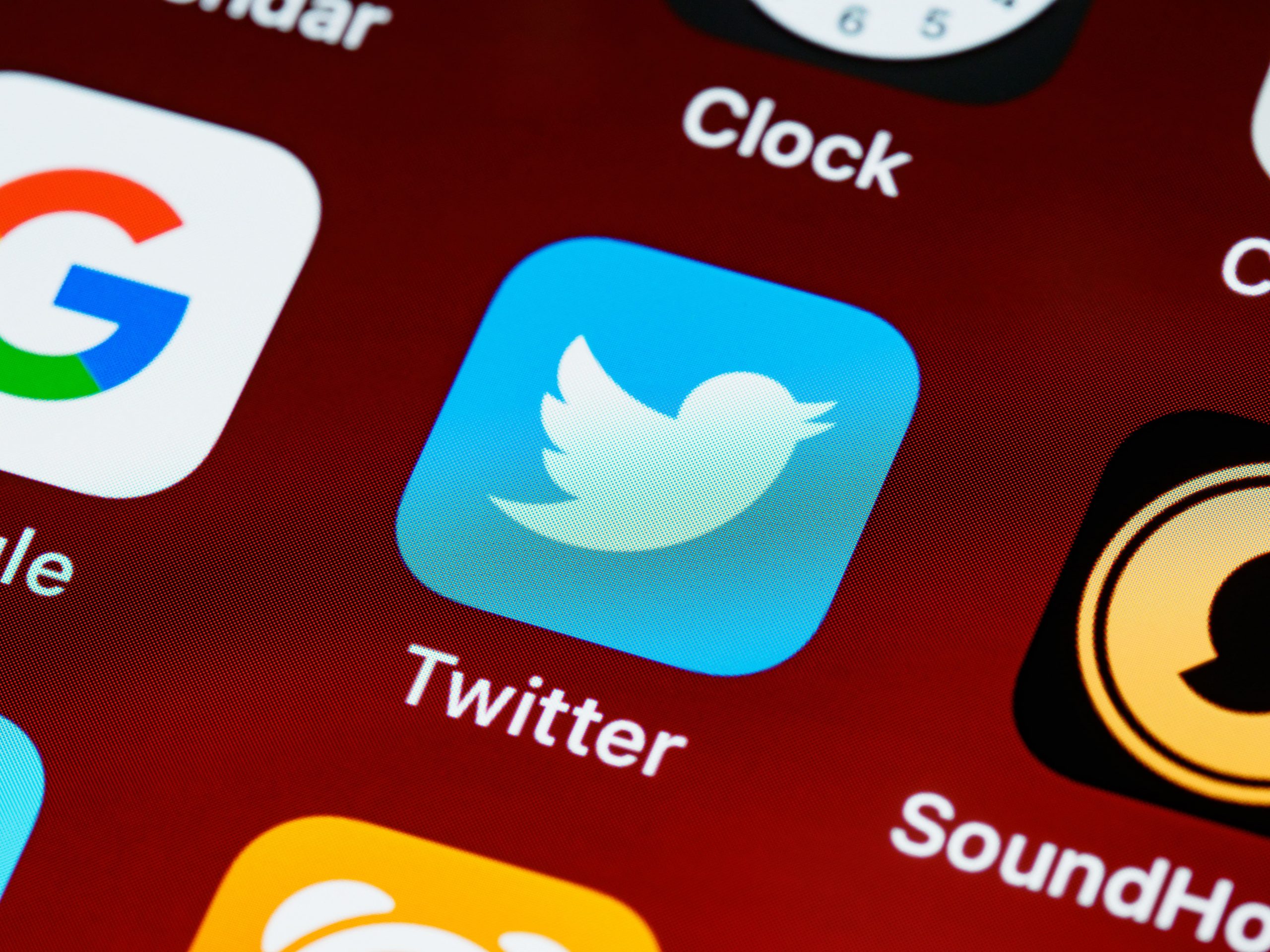
Comment Editor Eva Cahill analyses Elon Musk’s reasons for buying Twitter
On the 28th of October Elon Musk, one of the richest, most contentious and egotistical men finally acquired Twitter, the social media platform which equally attracts all three previous adjectives. Musk, a self-proclaimed “free speech absolutist”, has previously criticised Twitter’s policies that monitor disinformation, online abuse and hate speech. In completion of his $44bn (£38.1bn) deal, Musk triumphantly tweeted ‘let the good times roll’. However with Musk’s reputation preceding him many will be wondering for who exactly these good times will be rolling.
After his purchase was complete, Musk posted an honourable explanation of his decision to buy Twitter. Musk humbly announced to his followers that he did not buy Twitter because it was easy, nor did he purchase the platform for monetary gain. Instead, Musk proclaimed that the deal was born out of his love for humanity; he desires to create an online space that could act as a ‘town square’ allowing a wide range of beliefs to be aired and debated freely online.
“It is a pity that there is no non-digital version of his visionary ‘town square’
It is a pity that there is no non-digital version of his visionary ‘town square’ where protests, demonstrations and meaningful conversations and interactions about contentious issues could be held. Nevertheless, Musk stated that he hopes this digital forum can become more detached from the relentless pursuit of clicks fuelled by ‘traditional media’ – although in what sense he means ‘traditional’ is not clear. He sees these click baited money driven pursuits as the driving wedge between far right and far left echo chambers that generate hate and division within our modern society.
From reading his statement it appears likely then that Musk’s vision of Twitter will be drastically different from that which we have come to know. Indeed, it suggests that Musk will move away from the chronic monetisation of our social media platforms. Instead, Musk’s digital ‘town square’ could offer a place for 396.5 million people to devote their attention to the uncensored variety of opinions on offer and contribute to the opportunity for meaningful dialogue that is on offer.
It perhaps seems odd then that in this same twitter statement, Musk declared that fundamentally Twitter will aspire to be ‘the most respected advertising platform in the world’, allowing people to strengthen their brands and grow their enterprise. It seems that Musk’s metaphorical ‘town square’ appears to also feature quite a few potentially distracting billboards? This continued use of advertising on the platform suggests why Musk notes that the platform will still allow users to ‘choose [their] desired experience according to [their] preferences’. It is difficult to see here how Musk intends to keep a dialogue open between different communities whilst trying to provide a personalised experience.
Furthermore, whilst Musk has argued that he will offer greater transparency on the algorithms used to deliver this, in practice this is far more complicated than simply publishing the code behind the algorithm. Behind Musk’s dramatic rhetoric, Twitter, particularly in the way that it commercially functions, does not appear to be drastically changing under Musk’s leadership then.
So, what actually are the implications of Musk’s vision and how will it affect the platform? Musk has widely argued that Twitter should lighten its content moderation to allow more voices to be heard. Alongside this, Twitter has long been criticised for being left leaning and favouring liberal messages, those whom Donald Trump elegantly characterises as ‘Radical Left Lunatics and Maniacs who truly hate our [USA’s] country’. As such, many have predicted a potential return of previously banned figures such as conspiracy theorist Alex Jones, British right-wing commentator Katie Hopkins and the aforementioned politician Donald Trump. Despite Musk’s recognition that Twitter cannot become a ‘free-for-all hellscape’ the line-up of figures who could potentially be reinstalled is not exactly angelic.
“the line-up of figures who could potentially be reinstalled is not exactly angelic
Perhaps most importantly, it is worth noting that despite taking action in banning hateful accounts, Twitter has been, by no means, a space of heavy regulation and censorship. Indeed, hate speech and trolling is commonplace on the app. A report from the Professional Footballers’ Association found that 3/4 accounts that had sent racist abuse to footballers faced no repercussions and remained active on Twitter. This is paralleled Amnesty’s International’s research into women’s experience on the app which found, unsurprisingly, Twitter to be a toxic and abusive place of little accountability.
Musk’s own tweets are also not a shining example of the ‘warm and welcoming’ space that he hopes the app will become. Indeed, you need only follow Musk on Twitter to realise that much of what he tweets is problematic, and that many of these tweets will spark a viral reaction and then be swiftly deleted. Whether it be egging on conspiracy theorists, trolling members of the LGBTQ+ community, attempting to solve the Russia-Ukraine conflict via Twitter poll or even fat-shaming former presidents, Musk’s page is about as ‘warm and welcoming’ as a dentist’s reception.
Indeed, despite arguing that free speech is integral to democracy, Musk’s version of free speech appears to promote trolling and degrades accountability. Unsurprisingly, this does little but further silence the voices of the marginalised and allow Musk to retain his relevancy through divisive and “click-baity” tweets that he in all but action condemns. It is no surprise then that hate speech spiked on Twitter following Musk’s takeover; according to the Network Contagion Research Institute, usage of the n-word spiked an average of 500% over a 12-hour period. It seems then that despite the triumphant tone of Musk’s tweet that ‘the bird is free’, it is clear that many non-male, non-white, non-billionaire users hold apprehension about what else might come crawling out of the bird’s cage.
For more exciting comment pieces, read:
The World at Eight Billion 8; The Challenges of Population
Comments